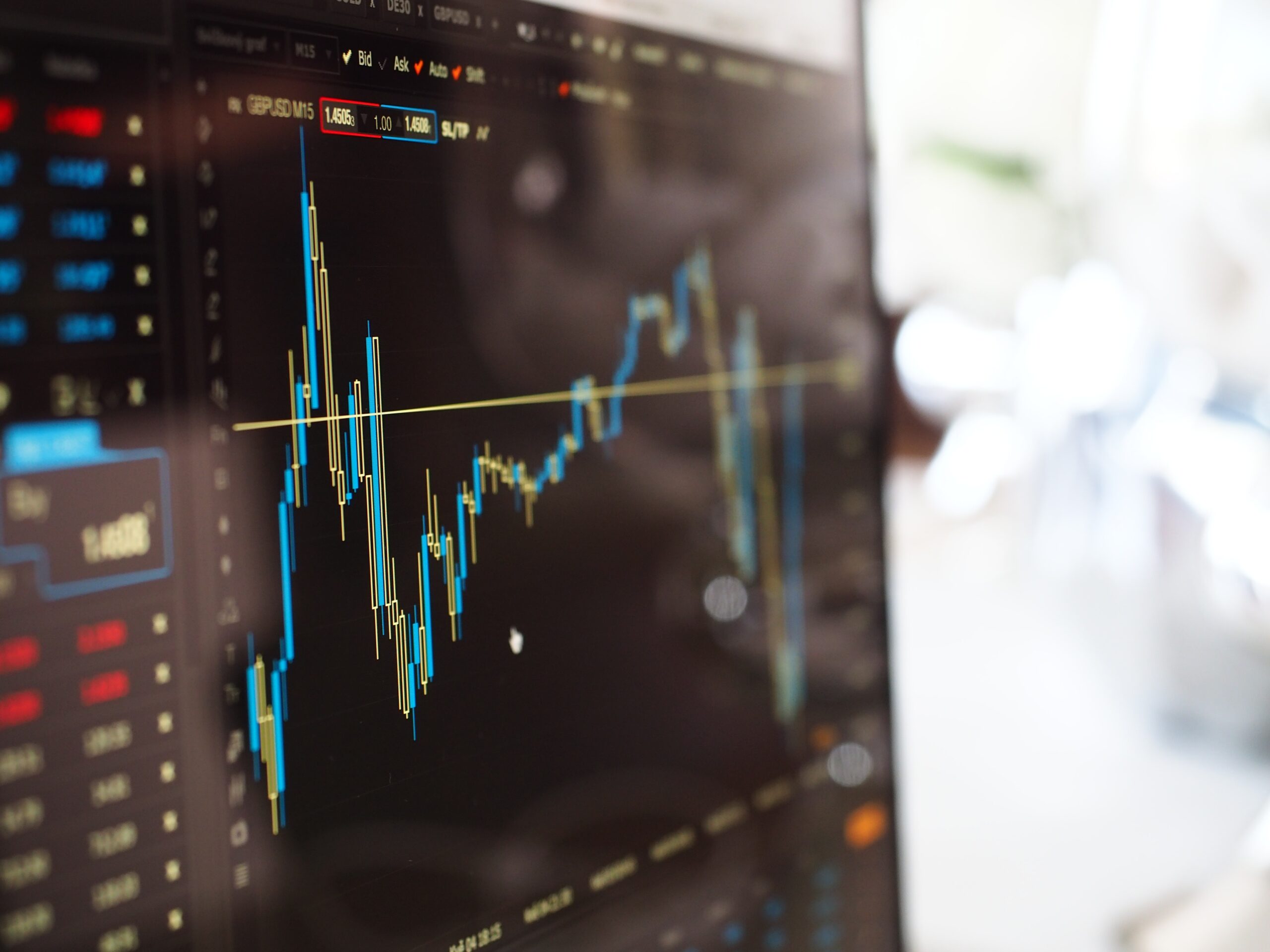
Tuesday, December 15th, was an impactful day for the Asian share market as it lost significant points owing to the dry spells observed in Wall Street on the same day. The latter was caused due to the anticipation of the support that Congress expected to provide towards the businesses, local governments, and people affected by the pandemic.
In the Japanese market, the score fell by 225 points due to the following actions taken up by the National Government:
- Suspension of the travel promotion program from 28 Dec-11 Jan owing to the new surge of the outbreak in the holiday season.
- Temporary halt on the other incentives offered by various hospitality points on room booking and food during this season, impacting the revenue and subsequently on the share market.
Similarly, the Chinese market also faced moderate repercussions owing to the Wall Street retreat in the following ways:
- The decline of the Shanghai Composite Index by 0.4%, despite showing positive results in the retail and manufacturing sectors.
- Losses in the technology, health care, finance, and industrial sectors for a fourth consecutive month in a row to lead towards fall in S&P by 0.4%.
- Fall in the Treasury yield by 0.01% despite positive signs in the previous days.
But, there was also a silver lining amidst the dark clouds. Some of the positive results displayed by the market include the following:
- Rise of NASDAQ by 0.5%.
- A minor increase in the stock values of small companies when compared to the larger giants.
- The market’s expectation bounces back in the upcoming week since the first vaccination phase against COVID-19 has officially begun in the USA, with the priority given to the frontline warriors and healthcare workers.
Coming to the reasons for the retreat caused in Wall Street (subsequently affecting the Asian market), the following sum up the scenario in a pretty crisp manner:
- New waves of case rise of COVID-19 during the holiday season to partial slowdown the bouncing economy.
- New restrictions are put on logistics and other operations by the local governments.
- Miscommunication between the local governments and the National government related to the COVID-19 relief funds since the former is facing crunches due to the financial impact created since the onset of the pandemic.
Judging the overall economic impact after all of these market behaviors, the economic experts are passing down the comments of negative loops getting re-created to pull back the positive incentives that might help out in easing up the situation a bit. They seek the decision-makers to reach towards a common ground to improvise on the swiftness of rolling out the policies.
The next year financial impacts include the following:
- Low inflation and interest rates in the market to aid out most stakeholders amidst such doom.
- Progress on the pipelined deals post exit of the UK from the European Union. It is expected to resolve all of the ongoing disputes and smoothen out the transition by January 31st, 2021.
- Increment in the crude oil prices by 42 cents.
- Positive increase on US dollar to Japanese Yen and Euro values despite such impact.
